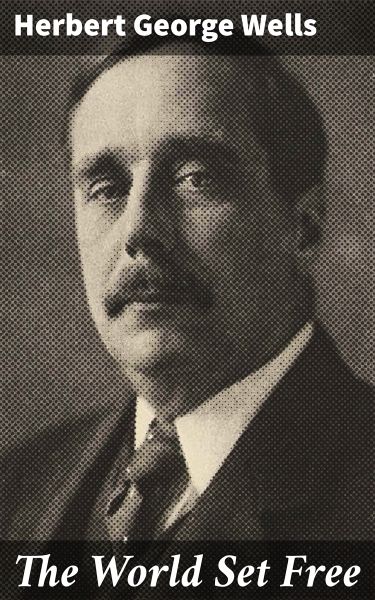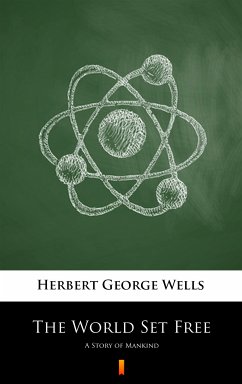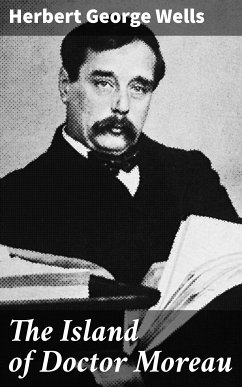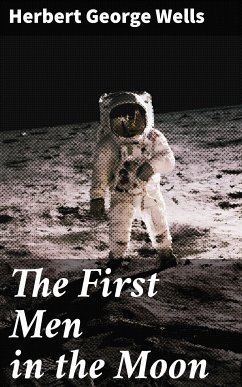
The World Set Free (eBook, ePUB)
Enriched edition. Exploring the Dark Future of Nuclear Warfare and Technological Advancement
Kommentar: Wells, Ryan / Redaktion: Good Press
Versandkostenfrei!
Sofort per Download lieferbar
1,99 €
inkl. MwSt.
Weitere Ausgaben:

PAYBACK Punkte
0 °P sammeln!
In 'The World Set Free,' H.G. Wells crafts a prescient narrative that explores the transformative and destructive power of atomic energy, a theme that resonates deeply in today's context of nuclear proliferation and ecological concerns. Written in 1914, the novel employs a style marked by imaginative foresight intertwined with philosophical musings, as it envisions a world irreversibly altered by scientific advancement. The sharply drawn characters and their ethical dilemmas serve to highlight the moral implications of humanity's pursuit of progress, situating Wells within the early 20th-centu...
In 'The World Set Free,' H.G. Wells crafts a prescient narrative that explores the transformative and destructive power of atomic energy, a theme that resonates deeply in today's context of nuclear proliferation and ecological concerns. Written in 1914, the novel employs a style marked by imaginative foresight intertwined with philosophical musings, as it envisions a world irreversibly altered by scientific advancement. The sharply drawn characters and their ethical dilemmas serve to highlight the moral implications of humanity's pursuit of progress, situating Wells within the early 20th-century discourse on science and society. Wells, often hailed as the father of science fiction, was not only a writer but also an outspoken social critic and futurist. His experiences as a teacher and his keen interest in sociology and politics fueled his desire to engage with contemporary issues through the medium of speculative fiction. 'The World Set Free' reflects his anxiety over the potential catastrophes of unbridled technological advancement, an apprehension that would only deepen as global tensions rose in the years following its publication. For readers interested in the intersection of literature and technological ethics, 'The World Set Free' stands as a compelling exploration of the consequences of human innovation. Wells' remarkable foresight and his poignant examination of human nature make this work a crucial addition to the canon of speculative fiction, inviting reflection on the choices we make in the pursuit of progress. In this enriched edition, we have carefully created added value for your reading experience: - A succinct Introduction situates the work's timeless appeal and themes. - The Synopsis outlines the central plot, highlighting key developments without spoiling critical twists. - A detailed Historical Context immerses you in the era's events and influences that shaped the writing. - An Author Biography reveals milestones in the author's life, illuminating the personal insights behind the text. - A thorough Analysis dissects symbols, motifs, and character arcs to unearth underlying meanings. - Reflection questions prompt you to engage personally with the work's messages, connecting them to modern life. - Hand-picked Memorable Quotes shine a spotlight on moments of literary brilliance. - Interactive footnotes clarify unusual references, historical allusions, and archaic phrases for an effortless, more informed read.
Dieser Download kann aus rechtlichen Gründen nur mit Rechnungsadresse in A, B, BG, CY, CZ, D, DK, EW, FIN, F, GR, H, IRL, I, LT, L, LR, M, NL, PL, P, R, S, SLO, SK ausgeliefert werden.












